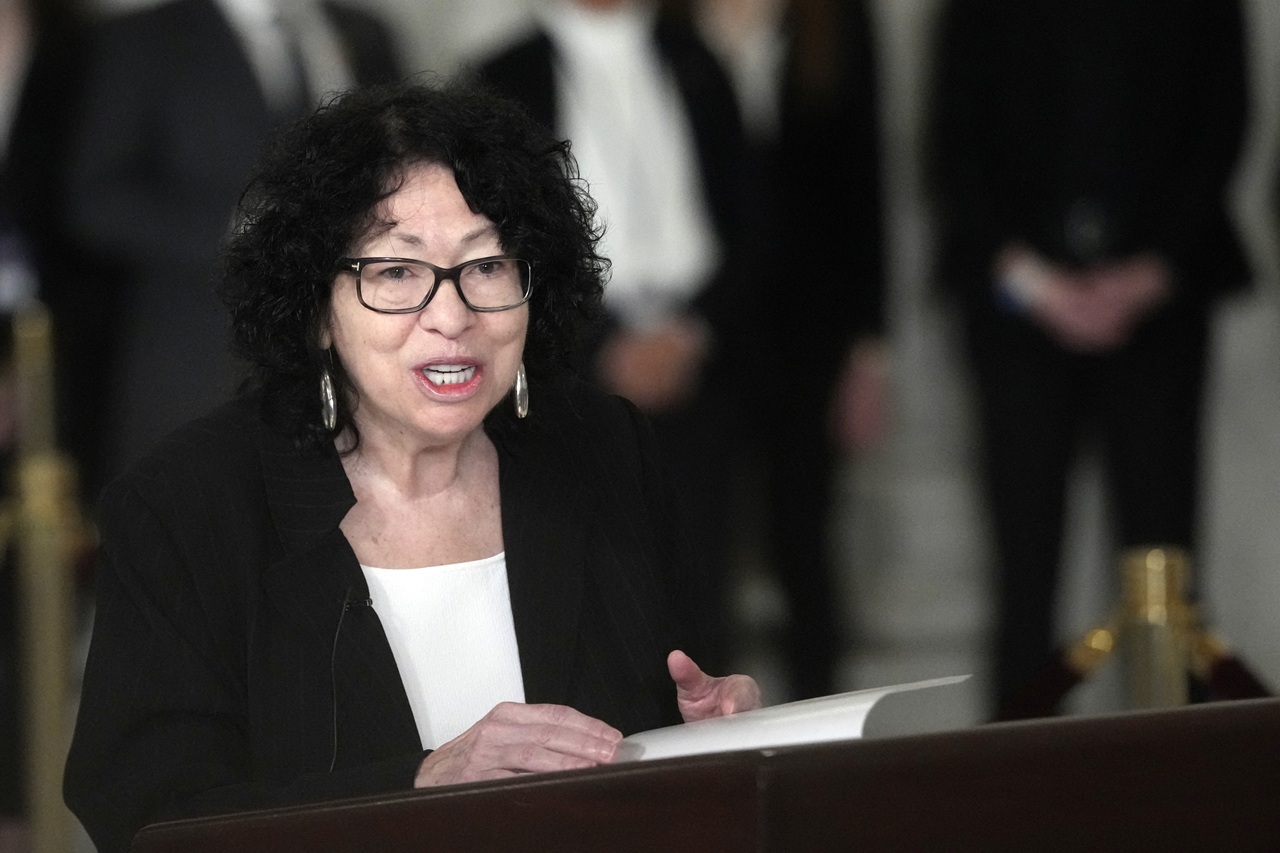
How COVID-19 vaccinations and parental consent are impacting our youth
With the next phase of COVID-19 vaccines rolling out for adolescents, parental consent continues to be a dividing issue when it comes to parents not being ready to vaccinate their kids.
Since the FDA announcement on May 10, the Pfizer vaccine has been approved for use in adolescents, ages 12-15. However, parental consent is in effect in 41 states across the U.S., causing many teens to come together to raise awareness on the importance of getting the COVID-19 vaccine.
“The FDA’s expansion of the emergency use authorization for the Pfizer-BioNTech COVID-19 Vaccine to include adolescents 12 through 15 years of age is a significant step in the fight against the COVID-19 pandemic,” said Acting FDA Commissioner Janet Woodcock, M.D.
In Philadelphia, adolescents can consent to their own COVID-19 vaccination, according to a longstanding city policy that allows children ages 11 and above to do so without approval or consent of a parent or guardian.
Philly Teen Vaxx is a growing group of teens spreading awareness about vaccinations through social media, and it also uses community events to motivate members of their age group to get the jab.
Their most recent drive was a collaboration with the Mayor's Office of Youth Engagement to provide both vaccinations and an opportunity to learn about jobs.
"Philly Teen VAXX Ambassadors" are teaming up with "Mayor's Office of Youth Engagement" to provide you with the FAXX & VAXX! Join the fight against COVID-19 and get your vaccine today! We will be in administering the first dose TOMORROW, June 5th, 11:00am - 2:00pm #phillyteenvaxx pic.twitter.com/vsjNtvCp9l
— PhillyTeenVaxx (@PhillyTeenVaxx) June 4, 2021
However, Philly is an outlier when it comes to vaccine consent, even within its own state.
Most do not allow adolescents to consent to their own vaccinations. Beyond Rhode Island, South Carolina, the District of Columbia, Alabama and Oregon, every other state has some form of required parental consent with the procedure.
Only an additional five allow consent to be waived by an insurance provider.
CONTENIDO RELACIONADO
The CDC states that as of June 6, only 2.1% out of 5% of the U.S. population of adolescents, ages 12-15 have received at least one dose of the vaccine.
However, a Pew Research Survey states 69% of adults have said they intend to get the vaccine or already have, there are some marginalized communities who still have a distrust with the healthcare system and do not trust the vaccine for themselves or their children.
The Latino community is just one that has a history of mistrust in the healthcare system stemming from discrimination, cultural incompetency and inequality in care and access.
That distrust is slowly reducing among the demographic, with Kaiser Family Foundation data showing major progress between April and May 2021, but it’s still prevalent. Most of that distrust still stems from lack of information about where to get the vaccine and its process.
As was true from the start of the pandemic, with COVID-19 disproportionately devastating the Latino and Black communities, distrust could mean more lives lost, especially if children need permission from parents to get vaccinated.
In response, many are stepping up to demand vaccination and get access to it. Governments need to play catch up.









DEJE UN COMENTARIO: